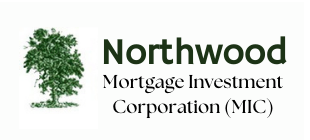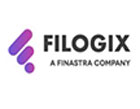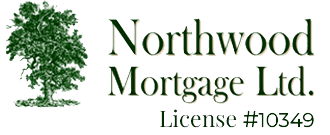Depending on your financial status, credit situation, and a variety of other factors, there may not be a one-size-fits-all mortgage that works for you or your family. Thankfully, there are a number of different ways for potential homeowners to take out a mortgage, and one of these options is known as the “open” mortgage.
Understanding an Open Mortgage
Open mortgages are unique for many reasons. For one, they allow you to make pre-payments of any amount and whenever needed without the risk of receiving a prepayment penalty. However, with open mortgages, this can lead to higher interest rates than closed mortgages.
When using a closed mortgage, interest rates are often more affordable for most homeowners. You should also consider whether or not you want a fixed-rate mortgage or a variable rate. This will largely come down to your own risk tolerance and your current financial situation.
Are closed mortgages right for you?
Closed mortgages differ somewhat from their open counterparts. For example, their interest rates are often much lower than open mortgages, as you’re often limited by how much extra you’re able to pay on a mortgage yearly. Because of this, you’ll experience what is known as a prepayment limit.
This means you’re only allowed to pay a certain percentage of your mortgage per year—the maximum often being 15% or less. However, this can vary depending on your lender. Moreover, you may receive a prepayment penalty if you go over your annual limit. This is why being aware of your prepayment limits is important in order to avoid certain fees.
The Pros and Cons of Open and Closed Mortgages
In terms of pros, open mortgages allow you unique flexibility to pay your mortgage off at any time. Conversely, the biggest drawback of an open mortgage is the higher interest rates, which can make paying your mortgage off in full a difficult process depending on your finances.
With a closed mortgage, one pro is the ability to access lower mortgage rates than what you’d normally be able to access with an open mortgage. However, as previously mentioned, closed mortgages often charge prepayment penalties in the event of people paying too much towards their contract.
Variable and Fixed Rates: What to Know
At the time of this writing, it is assumed that nearly 70% of all homebuyers in Canada utilize what’s known as a fixed mortgage rate. Typically, fixed mortgage rates are set on five-year terms, and are one of the more commonly used mortgage contracts in Canada. However, they may not be ideal for every household. Often, the choice will come down to your own financial situation and your overall risk tolerance for things like investments and assets.
A variable rate is simply a mortgage that fluctuates with the lender’s prime rate during your mortgage term.
What this means is your variable mortgage rate will remain the same during your term, but your interest rate could change drastically depending on the conditions of the market, such as if the prime rate rises or falls, and how much of your principal you’re paying off each month. Because of these various factors, understanding variable mortgage rates can be confusing and offer specific learning curves for mortgage holders.
Now, let’s discuss your term length. Most mortgage term lengths will fall anywhere from three to 10 years, though some may go beyond that or might only last as long as a single year.
It’s also important to keep in mind the potential market fluctuations, which may occur during your term rate, as well as potential consequences, fees, and other things to consider if you end up breaking your mortgage contract early.
Ultimately, there’s no one-size-fits-all solution for those looking to find the right mortgage agreement for their home. If you’re still experiencing difficulty in deciding on what agreement to choose or where to go next, you can easily contact the experts at Northwood Mortgage. We offer some of the best open mortgage rates in the Toronto area, and our team looks forward to walking you through the process. You can call us at 888-495-4825, or contact us online here.






































